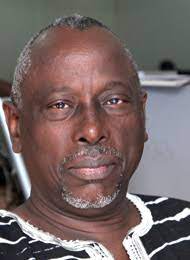Why Kagame is sure Rwanda won’t lose gains
“Those who still harbour genocide ideology will not be allowed to take us back to our tragic history. They will not. They cannot. They have already failed.”

Joseph Rwagatare

